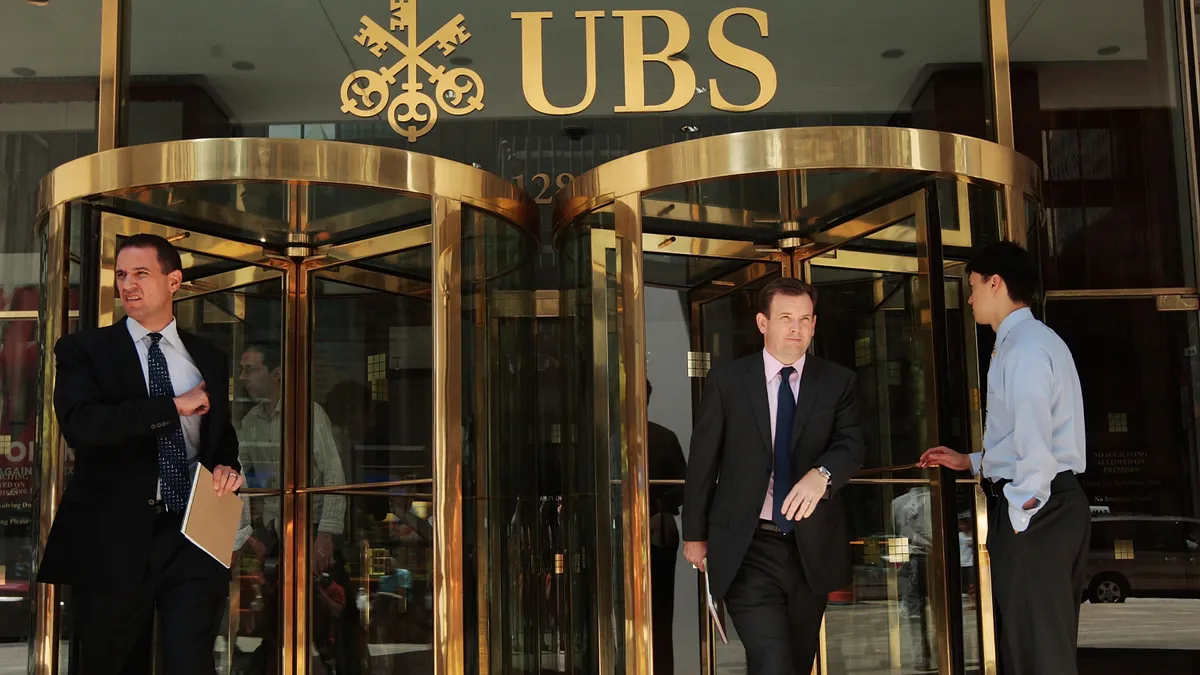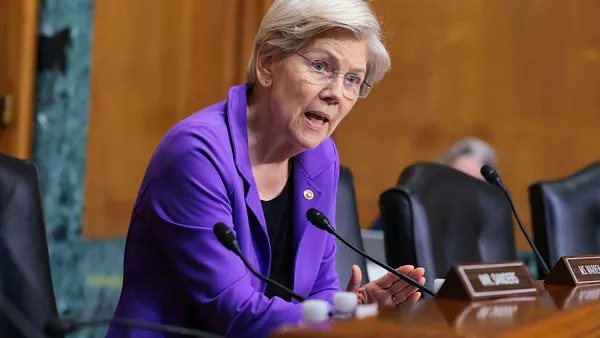The chief risk officer of Swiss bank UBS is leaving to focus on his photography business and pursue opportunities in academia, the firm announced on Tuesday.
Christian Bluhm’s exit won’t take him far from UBS. The executive, who has held the CRO position at the bank since 2016, is opening a studio and gallery in Zurich’s historic center, close to UBS’s headquarters, according to the Financial Times.
The bank tapped Damian Vogel, chief risk officer for UBS’s global wealth management business to take Bluhm’s place at the beginning of May, the bank said in a statement.
Bluhm will work with Vogel over the coming months to ensure a smooth transition, the bank said.
Bluhm developed an interest in photography after a friend showed him how to capture a photo of the Big Dipper star constellation, Bluhm wrote on his website, according to the Financial Times.
“That experience fascinated me so much that I started a never-ending journey into professional photography,” Bluhm wrote.
“I’m delighted to welcome Damian Vogel to the UBS Group Executive Board as our new Group Chief Risk Officer. With his strong track record, in-depth risk expertise, and experience across all asset classes, Damian is ideally suited to lead our risk function into the future,” UBS Group CEO Ralph Hamers said in a statement on Tuesday. “I’d also like to personally thank Christian for his leadership and commitment over the last six years and for the significant contributions he and his team have made to our sustainable performance through active risk management. I wish him all the best for the future.”
The CRO transition comes as Hamers has made several changes to the bank’s executive team in the two years since taking over as its chief executive, replacing Sergio Ermotti.
Under Hamers’ leadership, UBS this summer named Naureen Hassan its new head of the Americas and promoted Iqbal Khan to head the bank’s wealth management division.
Hamers, the former chief of Dutch bank ING, has taken steps to open UBS to a broader swath of everyday-affluent users, in addition to its historic focus on lending to the super wealthy.
That mission, however, suffered a setback in September when UBS’s $1.4 billion acquisition of U.S. robo-adviser Wealthfront abruptly fell through.
The deal, which was expected to close in December, would have added more than $27 billion in assets under management to UBS’s portfolio, and given the Swiss bank access to Wealthfront’s 470,000 clients — many of whom are in the coveted millennial and Gen Z demographics.
The companies did not provide a reason behind the disintegration of the deal, announced in January.














